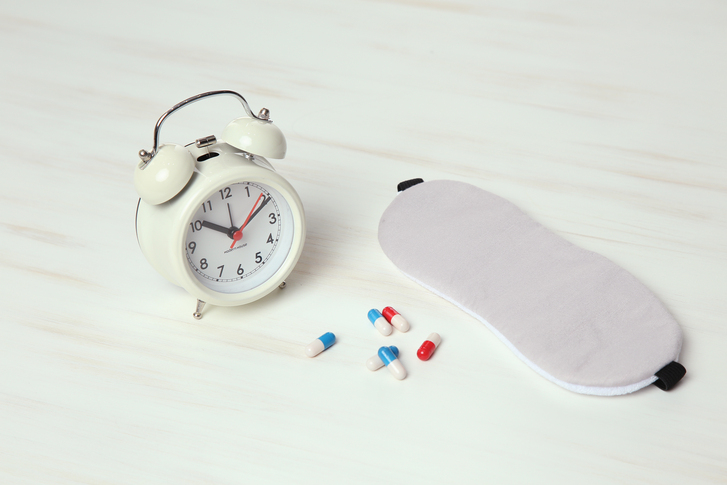Opinions differ on the best time of day to take nutritional supplements. The recommended intake time differs depending on the nutritional component, and the efficacy also varies depending on each person’s health condition.
If it doesn’t match you, you may not be able to sleep well even if you eat trace minerals such as zinc, manganese, and copper. Nutrients such as magnesium and lecithin help you sleep by relaxing your tense nerves, but they work in the opposite way, making it difficult for some people to fall asleep. Find out which nutrients to avoid at night rather than during the day.
Coenzyme, an antioxidant, interferes with sleep
If you take medicine for blood pressure, hyperlipidemia, or diabetes, take a lot of antioxidant coenzyme Q10 because it acts as a drug mugger that takes away nutrients. CoQ10 is not only an antioxidant, but also plays a role in promoting energy production by being used as a coenzyme for energy metabolism in the energy factory in our body called mitochondria. Therefore, if you are sensitive to the drug, take an overdose, or take it late in the evening, it may interfere with sleep.
Vitality B vitamins should be taken during the day, not at night.
B vitamins play an important role in maintaining energy and cellular health. B vitamins, including vitamins B12 and B6, are usually taken in the morning. In the case of vitamin B6, taking it in the evening may interfere with sleep. This is because B vitamins affect energy production and stimulate the brain. Experts say that taking it at night can have an invigorating effect and can affect sleep.
Since vitamin B is a water-soluble vitamin involved in sugar and energy metabolism, there is an opinion that the best time to take it is in the morning when metabolic function and energy are most needed during the day. B vitamins are responsible for converting food into energy, so taking them close to bedtime can interfere with sleep. According to various opinions, it is better to take B vitamins in the morning or during the day.
Exercise supplements containing caffeine should be avoided in the evening.
Pre-workout supplements often contain caffeine or similar chemicals that increase energy production and induce alertness. As is well known, caffeine is best avoided in the evening. This is because it can cause insomnia or reduce overall sleep quality. Therefore, carefully check the ingredient list to see if there is caffeine in drinks or supplements you drink before your evening workout.
Take vitamin D with calcium after meals
Vitamin D is related to sunlight and sleep. At night, melatonin, a hormone that helps you sleep, naturally increases. Because of this, taking vitamin D at night can inhibit melatonin secretion and make it difficult to sleep.
Watch how your body reacts and schedule your dose accordingly. Vitamin D is better absorbed when taken with calcium. Calcium competes with magnesium in the stomach to be absorbed by the body. Magnesium helps with sleep and relaxation. Because of this, it’s a good idea to take calcium and vitamin D with meals early in the day to see the benefits of magnesium.
Omega 3 (Fish Oil) that causes heartburn if eaten before bed
Since omega 3, which contains fish oil, is high in fat, acid reflux symptoms such as indigestion or heartburn may appear if eaten before bedtime. Studies have shown that absorption is best when eaten with fat-containing foods. Taking it with a healthy fat breakfast or lunch can help prevent sleep problems caused by acid reflux.
2023-05-12 10:23:07
#sleep.. #Nutrients #avoid #night

